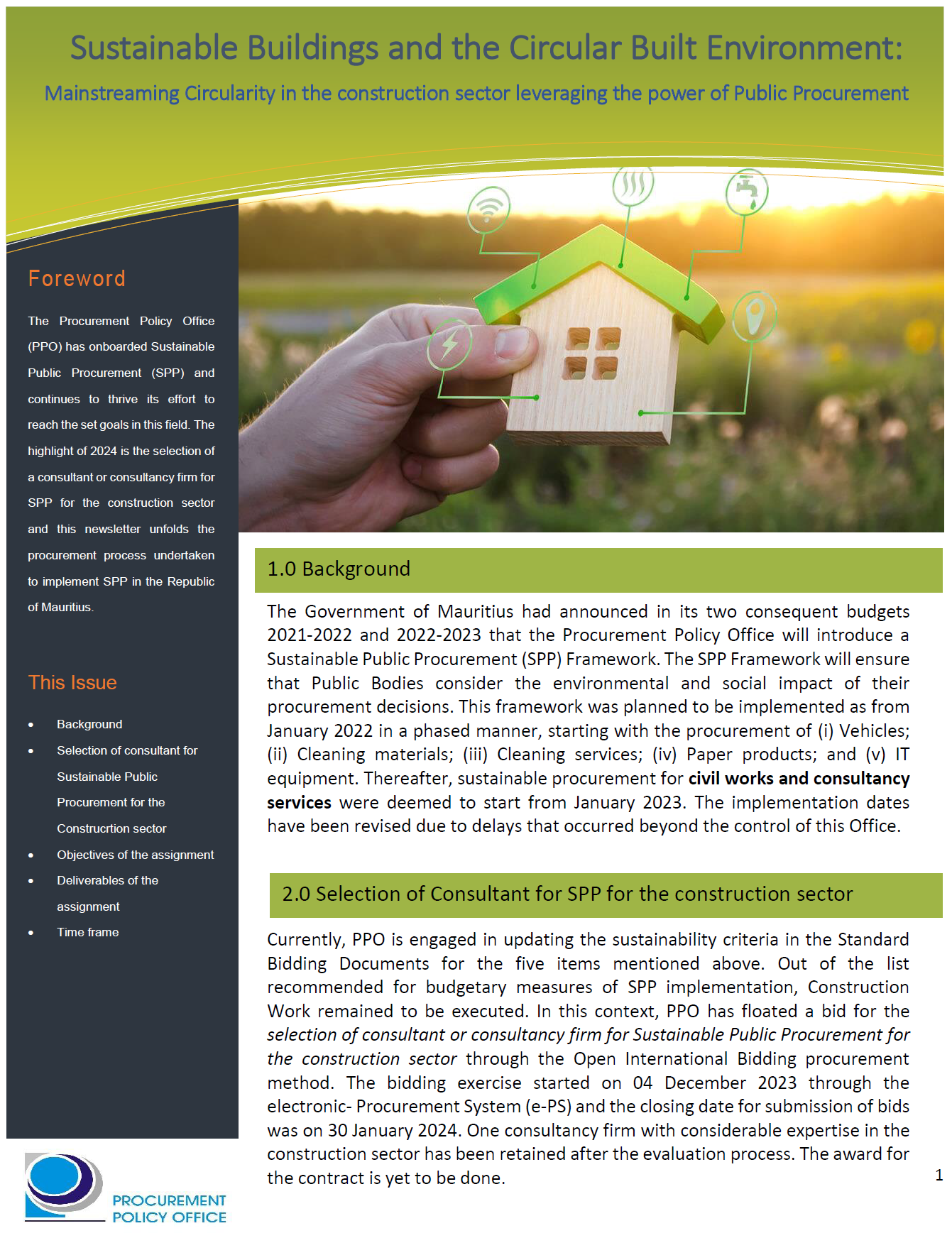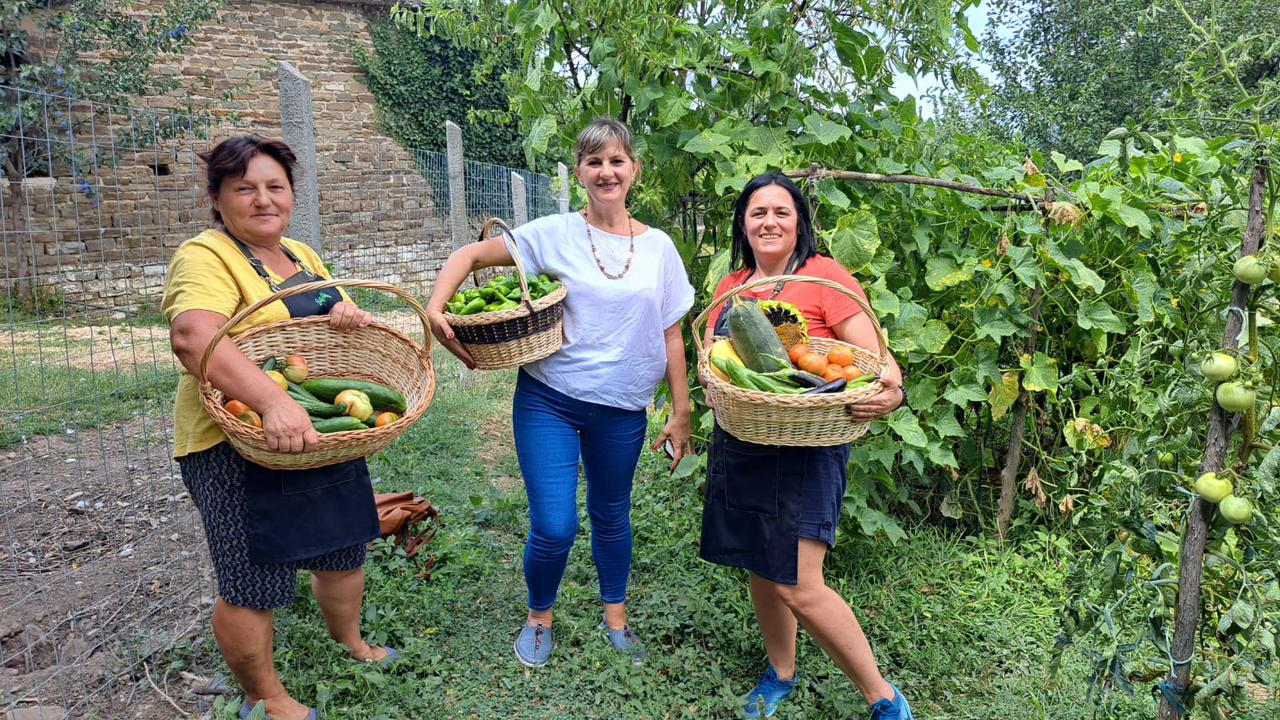Climate Embassy by Concito
The Climate Embassy is a Danish interdisciplinary network of about 100 active young (aged 19-28) climate-interested volunteers, the climate ambassadors, who teach students and other stakeholders about climate issues and sustainability. The Climate Embassy concept is based on network communication and devoted, knowledgeable, young students acting as role models and dynamic communicators for children and young people. The Climate Embassy concept was launched in 2009.
After taking part in a free education workshop focusing on climate, communication and networking, the climate ambassadors can participate as communicators, youth mentors and facilitators in different teaching related projects of the Climate Embassy. The focus is on climate and sustainability. The method is solution oriented and based on activating young to young communication using relevant and new scientific knowledge, concrete examples, films and student interaction. The lessons and services are free for the schools.
The objective is to generate interest and strengthen primary school children's and high school students' green competencies in Denmark through activating and inspiring educational content as well as through fact-based projects, using peer to peer communication. The Climate Embassy offers a free educational concept to schools, with focus on current themes around climate and sustainability. The target group is grade 7 to 10 in primary education, after school activities, high schools and vocational schools. The content is adapted to the target group, the themes they are interested in and to the number of students. The educators are young people participating in the Climate Embassy program who work as volunteer youth ambassadors.
Activities and available support:
• Activating youth to youth communication and lessons
• Workshops on climate and resources for 7th graders, where the relationship between nature, resources and technology are explored
• One week climate practice for 8th or 9th graders, with focus on climate, green innovation and sustainable development. It includes company visits and visits to other relevant institutions as well as development of a personal project.
• Assistance and sparring as needed for e.g. class projects and different types of sustainable school initiatives including Green Flag initiatives.
Lessons held at schools by the youth ambassadors focus on:
• Sustainable consumption: environmental consequences of global consumption and its climate effects with examples of sustainable and climate smart solutions.
• Reusing, recycling and reducing: with focus on resources and resource use.
• Sustainable energy
• Future of transportation: with focus on some of the problems associated with transports and what can be done to make transportation more environmentally sustainable. Success factors
An essential success factor is motivating the youth ambassadors as the concept is based on volunteer work.
Novelty
When the initiative was originally launched in 2009, this was quite unique, but now there may be other similar concepts.
Sustainability Impacts
Formal evaluations have been made of some long-term projects conducted at schools, but not of short-term school projects or lessons, which are also part of the concept. Feedback received from teachers has indicated that youth to youth communication works very well. Teachers have reported that young people can identify with the climate ambassadors and that the students are perceived as role models. Pupils are especially impressed by the fact that the volunteers are not paid and that they seem to be very highly motivated. The pupils really connect with the volunteers, especially in the longer projects.
The feedback received from the high schools has been very positive. There the climate embassy workshops and lessons have been reported to facilitate more creative ways of working.
Additional reported benefits relate to the fact that the climate ambassadors, mostly students themselves, get to use their knowledge in new ways and gain valuable teaching experience. Many have continued to work in fields related to sustainable development.
Cost-effectiveness
The concept is volunteer based, but receives some funding from participating municipalities and some foundations.
Challenges and potential for development
Volunteer based activity can be challenging, as the time the volunteers can commit to is not always certain. Meeting the needs of the schools and other stakeholders and getting the necessary funding, while working with a small staff, can also be a challenge. The concept could be easily adapted to other countries. The goal is to deepen the partnerships and develop the program further.
Contact person for more information:
CONCITO, Project manager: Synnøve Kjærland, sek@concito.dk
External source(s)
Image

Project start date
01/01/2009
Project end date
01/01/2009

